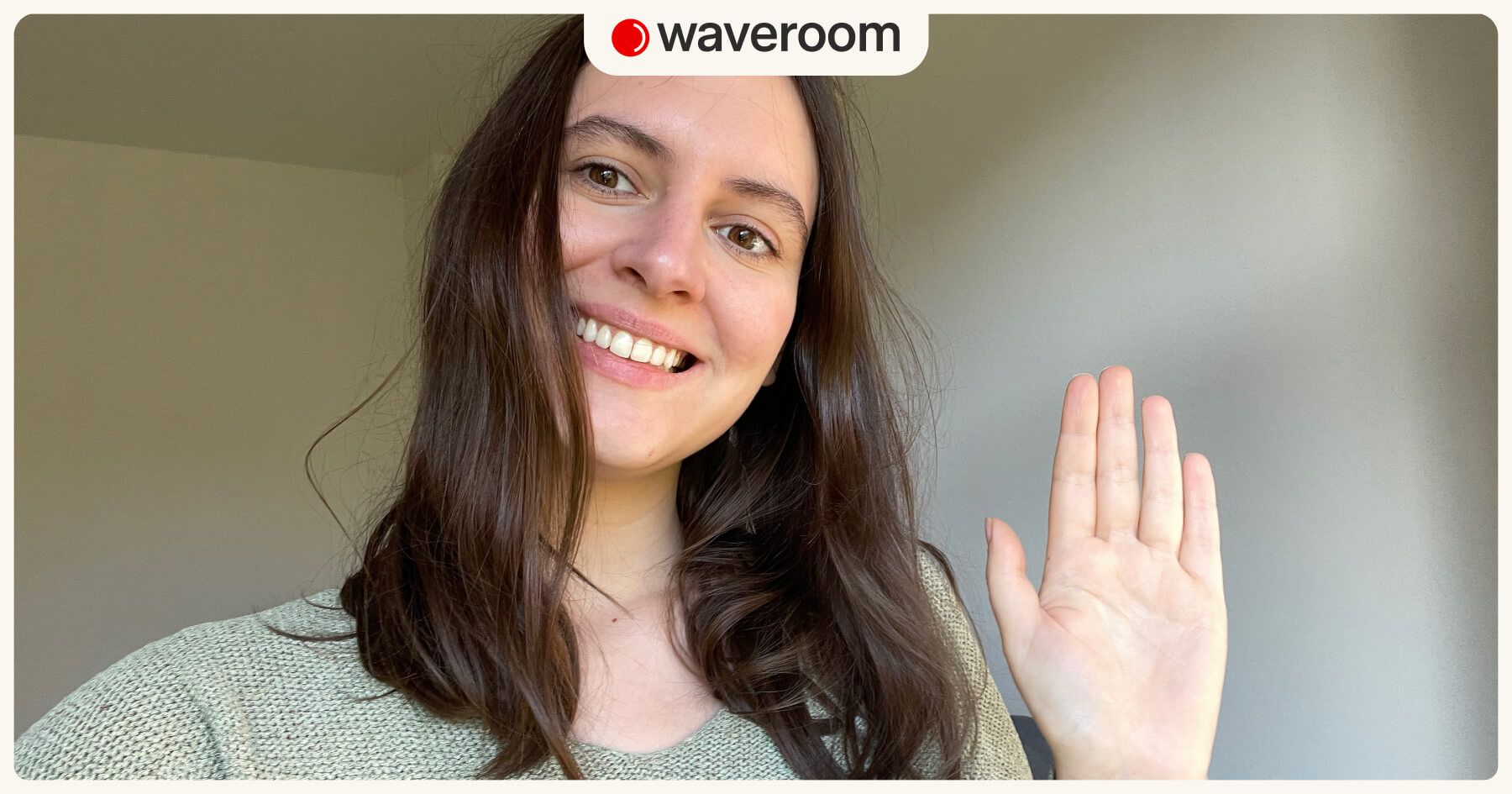How to Write Interview Questions for Your Podcast
Learn how to develop interview questions that will engage your guests and listeners.

Podcasting has exploded in popularity in recent years, with people from all walks of life using this medium to express their ideas and share their stories with the world. But how do you make your podcast stand out from the crowd?
One of the most important factors is the quality of your interviews. A well-crafted interview can make all the difference in making your podcast more engaging and popular. However, coming up with the right interview questions can be a challenging task.
In this article, we will explore some tips for crafting interview questions that will keep your guests engaged and your listeners informed.
Importance of quality interview questions
Before we delve into the ways of writing better interview questions, it’s essential to understand why they are so crucial for a successful podcast. Here are some reasons:
1. They can help you get the most out of your guest. Asking the right questions will help you dig deeper into the subject matter and elicit more detailed responses from your guest.
2. They can keep your listeners invested. Engaging questions will keep your listeners interested in the conversation, making them more likely to stick around for the entire podcast and recommend it to friends.
3. They can showcase your expertise. Thought-provoking questions can demonstrate your expertise on the subject, thus boosting your reputation and making your podcast more valuable to listeners.
Researching your guest
One of the keys to writing great interview questions is researching your guest beforehand. Here are some ways to learn more about your guest:
🔴Get familiar with their work. If your guest has written any books or articles on the topic, read them thoroughly. The same goes for their music and other bodies of work – whatever their speciality is, find it and dive right in. This will give you a better understanding of their perspective and help you come up with more targeted questions.
🔴Read or listen to their interviews. If your guest has been interviewed before, listen to those interviews carefully. This will help you avoid asking repetitive questions and also give you some insight into their personality and communication style.
🔴Check their social media. Look at your guest's social media profiles to get a sense of their interests and opinions. This can help you come up with questions that are more relevant and engaging.
Tips for writing interview questions
Now that you have a better understanding of the importance of good interview questions and how to research your guest, let's look at some tips for writing better interview questions:
Tip #1: Start with open-ended questions
Open-ended questions are questions that cannot be answered with a simple "yes" or "no." These questions encourage your guest to elaborate and provide more detailed responses. For example, instead of asking, "Did you enjoy creating your latest album?" you might ask, "What inspired you to create your latest album?"
Tip #2: Mix up your question types
Try to mix up your question types to keep the conversation interesting. For example, you could ask a hypothetical question, a personal question, or a question about the future. This will keep your guest on their toes and make the conversation more dynamic.
Tip #3: Avoid asking leading questions
Leading questions are questions that suggest a particular answer. These questions can make your guest feel uncomfortable and can also result in less informative answers. For example, instead of asking, "Don't you think that your latest album is your best work yet?" you could ask, "Which one of your albums do you think is the best?"
Tip #4: Don't be afraid to ask follow-up questions
Follow-up questions are questions that you ask based on your guest's previous response. These questions can help you get more detailed and insightful answers. For example, if your guest mentions a particular situation, you could ask, "Can you tell me more about that experience?"
Tip #5: Practice active listening
Active listening helps the host better understand the guest's perspective and communicate more effectively with their audience. By fully concentrating on what the guest is saying, the host can ask more thoughtful follow-up questions that lead to more insightful conversations. Active listening also helps to build a rapport with the guest, making them feel more comfortable and open to sharing their ideas and experiences.
FAQ about writing interview questions
>How many interview questions should I prepare for my podcast?
There is no fixed number of interview questions that you should prepare for your podcast. It depends on the length of your podcast and the depth of the topic you are discussing. However, it is always better to prepare more questions than you need so that you can avoid running out of things to talk about.
>Can I reuse interview questions from previous episodes for future guests?
While it may be tempting to rely on familiar questions, doing so can lead to a lack of creativity and audience engagement. It is important to remember that each guest is unique and has their own story to tell. By creating new questions tailored to each guest, you can ensure that your podcast remains fresh and interesting for your audience. Therefore, even though some general questions may be reusable, it is always better to put in the effort to develop new and unique questions for each guest.
>Should I send my interview questions to my guest beforehand?
It's important to strike a balance between spontaneity and preparation. While some guests might prefer to see the questions in advance, others may find that it makes the conversation feel too scripted. On the other hand, if your guest is particularly nervous or inexperienced, providing them with the questions ahead of time can help them feel more confident and prepared. Check with the guest about what they would prefer.
Conclusion
Creating great interview questions for your podcast is not an easy task, but it is essential for creating a successful and engaging podcast. By researching your guest, writing open-ended questions, mixing up your question types, practicing active listening, and avoiding leading questions, you can create a more natural and informative conversation. Remember, the key to a great interview is not just the questions you ask but how you ask them. Happy interviewing!
Follow Waveroom on Twitter, Facebook and Reddit to get more useful tips on recording podcasts, interviews, group meetings, online communications, and more.
